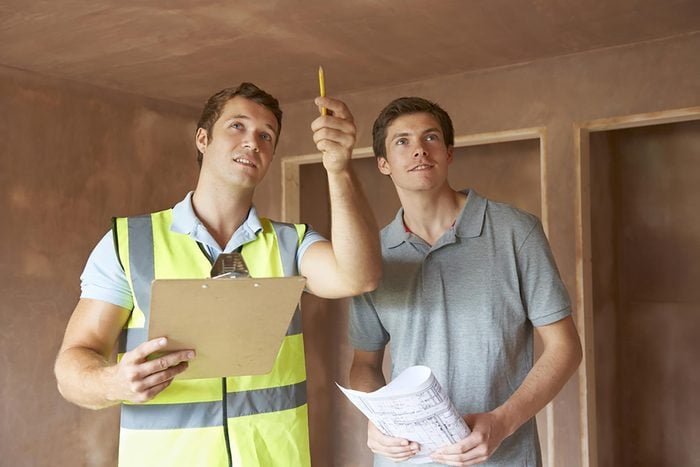
Home inspection
As a first-time home buyer, you want your new place to be perfect, right? This means a thorough home inspection is extremely necessary and definitely not something you want to skimp on. Home inspections make sure everything from the appliances to the electrical system to the literal house structure are in good working condition. The average home inspection costs around $320, but can range anywhere from $200 to upwards of $400 depending on house size and the intensity of the inspection. There is no standard or flat rate inspection, so be sure to ask the inspector the total amount up front before agreeing to anything. Learn more secrets that all contractors wish first-time homebuyers knew.
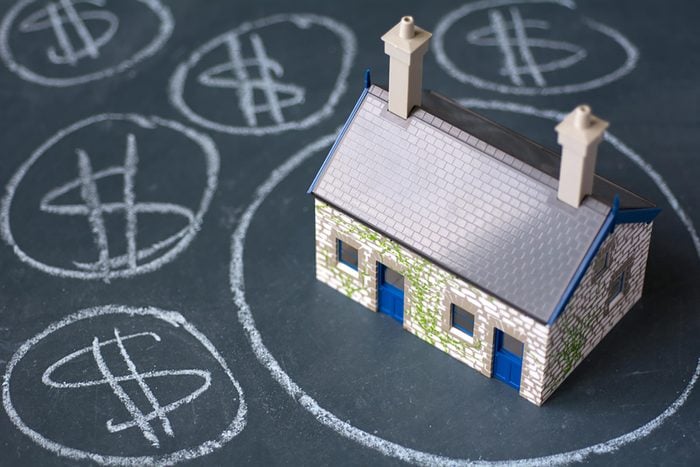
Property tax
Property tax varies from place to place, so knowing the exact amount you will need to pay per year is crucial before buying your first home. Larger cities and more urban areas typically have higher property taxes than homes in rural places. According to the Tax Policy Center, New York and New Jersey tend to have the highest property tax, while Alabama has some of the lowest. Most people will pay around $1,000 per year in property tax, or below 1 percent of house value, however, again this percentage widely varies, so make sure you know your property tax costs before making any final decisions. Here are 15 more questions every first-time homebuyer should ask.
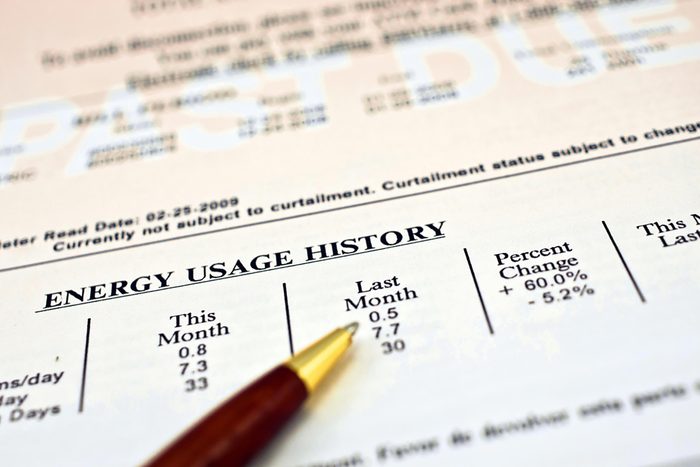
Utilities
People often get so excited when purchasing a house that they forget about all the utility costs that it takes to actually make a house livable. After all, what’s the point of purchasing a home if you can’t afford the electricity or air conditioning in the hot summer time? Utility costs are based on a variety of factors, including the size of the home, if you leave the lights on, and how much heat or air conditioning you use each month, but expect to spend around $300 per month. “It is good to ask the sellers for the annual amount they pay for utilities,” says Karen Baldwin, Realtor on The Baldwin Scott Thomas Team at KW Luxury Homes International. “This way you know how much it costs for 12 months and then you can amortize a monthly sum because utility bills can vary significantly from season to season.” Don’t miss more secrets your real estate agent isn’t telling you.

Insurance and more insurance
Buying a home comes with the requirement of also purchasing home insurance. While basic home insurance is required, you might want additional insurances too. Do you live near the water? Consider flood insurance. Or maybe you live in an area prone to wild fires—fire insurance might be a good idea. You never know when an earthquake or major flood will hit, and being covered before an event will save you a ton of time, money, and headaches should you ever find yourself in such a situation. “Whether you are a first-time home buyer or you are moving up in the market, knowing the cost of insurance and the type of insurance or various insurance programs you may need is very important,” says Baldwin. “It will help avert sticker shock.”

Cleaning
Cleaning a home takes a lot more time and money than cleaning your one-bedroom or studio apartment. If you don’t want to be the one making your new place spick and span, be prepared to shell out some dough for weekly or bi-weekly cleanings. House cleaners range anywhere from $25 per hour to $150 per hour depending on size of the house and cleaning type. If you are looking to have your house cleaned regularly, consider paying for the month up front or setting up sessions in advance to save some cash. If you’re going to be the one doing the cleaning, make sure you get all the nooks and crannies, like inside the toilet bowls, and on top of the fan.
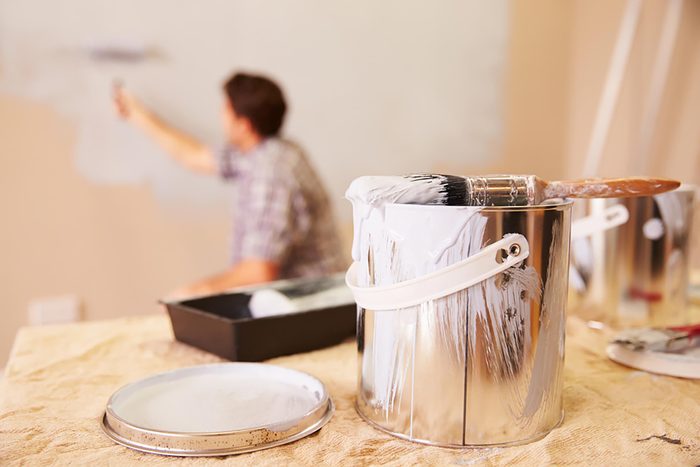
Home improvements
Oh the perils! You find the house of your dreams only to go outside and see that the deck is falling apart. Or maybe you’re having a baby and need to add hand rails for the staircase. Either way, most home improvement projects are going to cost you. And if you’re looking to save money by purchasing a fixer-upper for your first home, you should really sit down and budget how much you can realistically spend on home improvements. Weigh the money it will cost buying a new home versus one that needs to be fixed up. Sometimes in the end, it’s best to buy a home that doesn’t need very much additional work because you’ll actually save money.
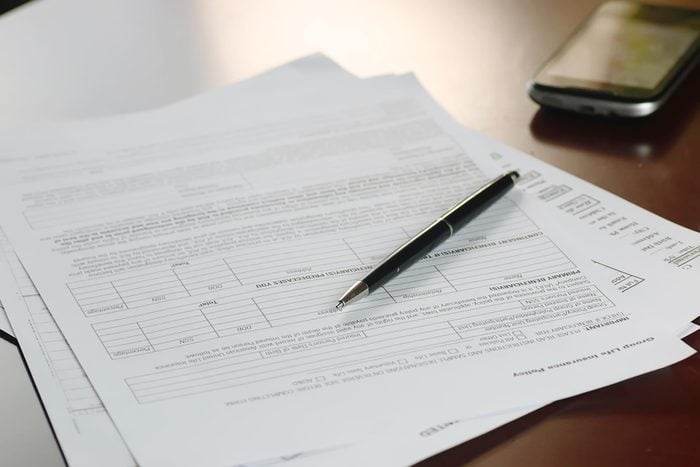
Escrow account
Not all loan lenders require this, but some, like the Federal Housing Administration, require the buyer to create something called an escrow account, which is basically an account that holds all the money needed for the real estate transaction while the buyer and seller hammer out the details. Once the contract has been signed and the home purchased, you’ll pay the mortgage each month to that escrow account. This ensures the lender that you will make your payments on time. Sometimes the lender will also require that you pay additional fees, like interest payments, taxes, and insurance, into the escrow account, in addition to your mortgage. “A mortgage officer will work with you to determine a buyer’s comfort level regarding monthly mortgage payments and affordability,” says Baldwin. Meet with your loan lender before you start looking at homes.
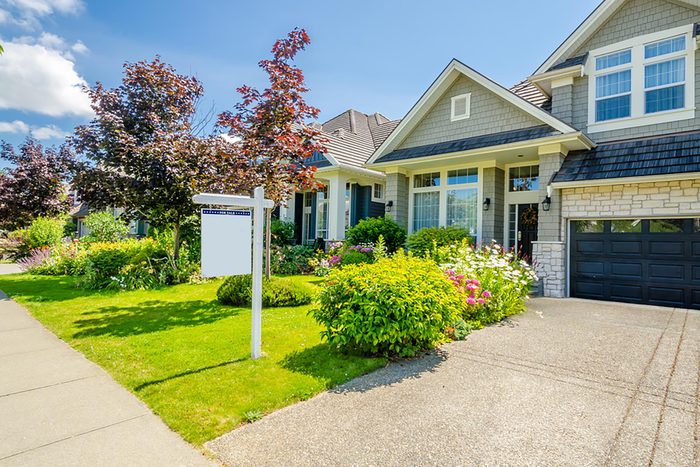
Homeowners association fee
If you purchase a home in a subdivision, planned development, or suburb, it’s likely that your new digs are part of a homeowners association (HOA), and a lot of times there are homeowners association fees that needs to be paid annually or monthly. Membership is often required if you purchase a home on their property, so you likely won’t be able to get out of paying the fee. Most associations also have rules that homeowners must follow. For example, some require that your grass always be trimmed and watered, while others might enforce that all mailboxes must be painted white every year. “A buyer should always investigate the solvency of the HOA, know the fees involved, and also ask if there are any plans for an HOA increase or decrease moving forward,” advises Baldwin.
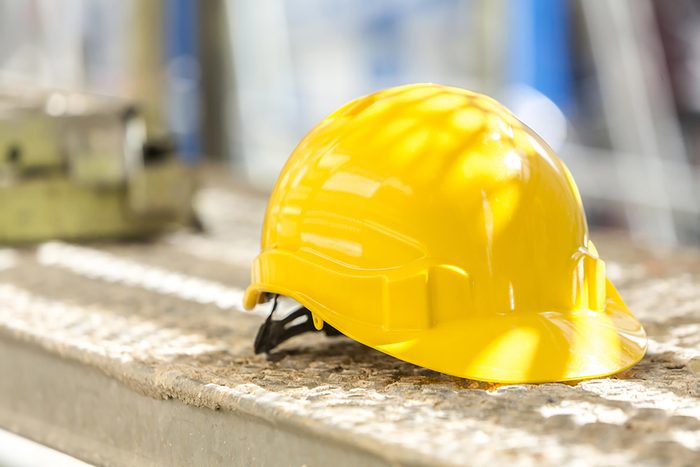
Home warranty
A home warranty is different from home insurance. Home insurance offers protection from natural disasters and accidental damages, like theft. A home warranty, on the other hand, covers repairs and replacements due to everyday wear and tear of your home. While home insurance is required, a home warranty is optional, but often wise. If a pipe breaks in the kitchen, for example, your home insurance will likely cover it, but if there’s a plumbing issue or a kitchen appliance breaks, you will be out of luck unless you have a home warranty. “If the dishwasher breaks two weeks after moving into the home, a warranty plan will either fix the problem, and possibly replace it or credit the buyer an amount toward a replacement,” says Baldwin. “It is prudent for the buyer to continue the coverage each year, as it can lessen maintenance costs dramatically.”
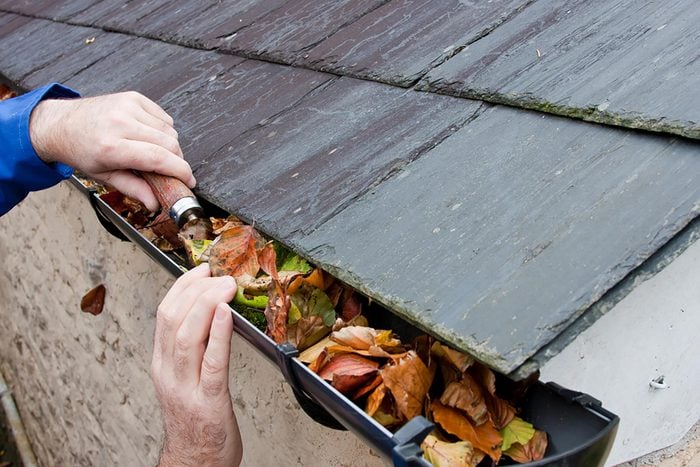
Maintenance
Does your new home have a large backyard? What about a pool? If the answer is yes, you can plan on spending extra money to maintain them. “Anticipate home maintenance costs because it is inevitable,” urged Baldwin. So while lounging poolside in the sweltering summer sounds wonderful, make sure you can actually afford to maintain and use the pool before purchasing such a luxury. Maintaining a nice home certainly isn’t easy. It involves lots of time and money. Here are more things smart homeowners should do once a year.
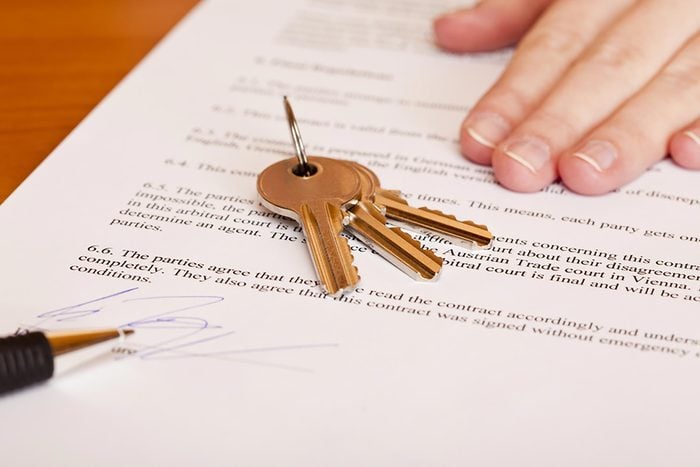
Closing costs
So you’ve finally made it to the end of the long and grueling home-buying process. Now comes the closing part, which yes, you guessed it, incurs additional fees. But what exactly are closing costs? According to Zillow, they’re “fees associated with your home purchase that are paid at the closing of a real estate transaction,” which happens at the “point in time when the title of the property is transferred from the seller to the buyer.” Closing costs typically include application fees, attorney fees, appraisal, the home inspection, insurance, and more. This is the time where you get to see the total amount that you will be paying. If you’ve been keeping track of all your costs through the entire process, you should already have a pretty good idea of this dollar amount.
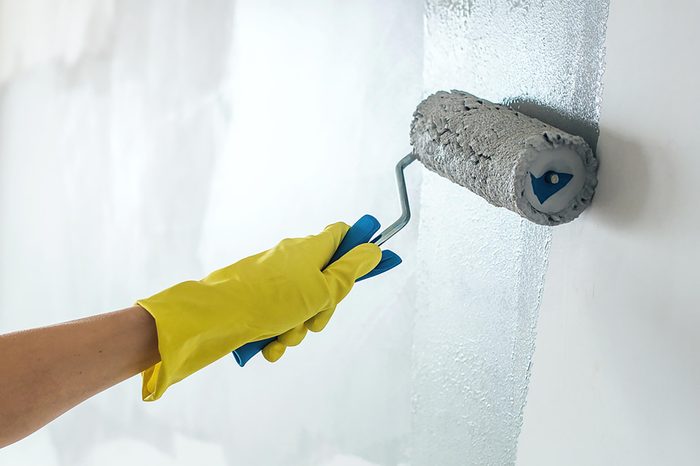
Savings for a rainy day
You never know when a window will break or when you’ll spontaneously decide to paint your bathroom pink. Having a little extra money set aside will help with any unforeseen issues that may arise. And in the wise words of Karen Baldwin, “knowledge is power, and in knowing as much information as possible, you can plan better financially for the purchase of a new home.” Need some helping saving some of the hard-earned cash money? Try these 56 almost effortless ways to save money and make stuff last longer.